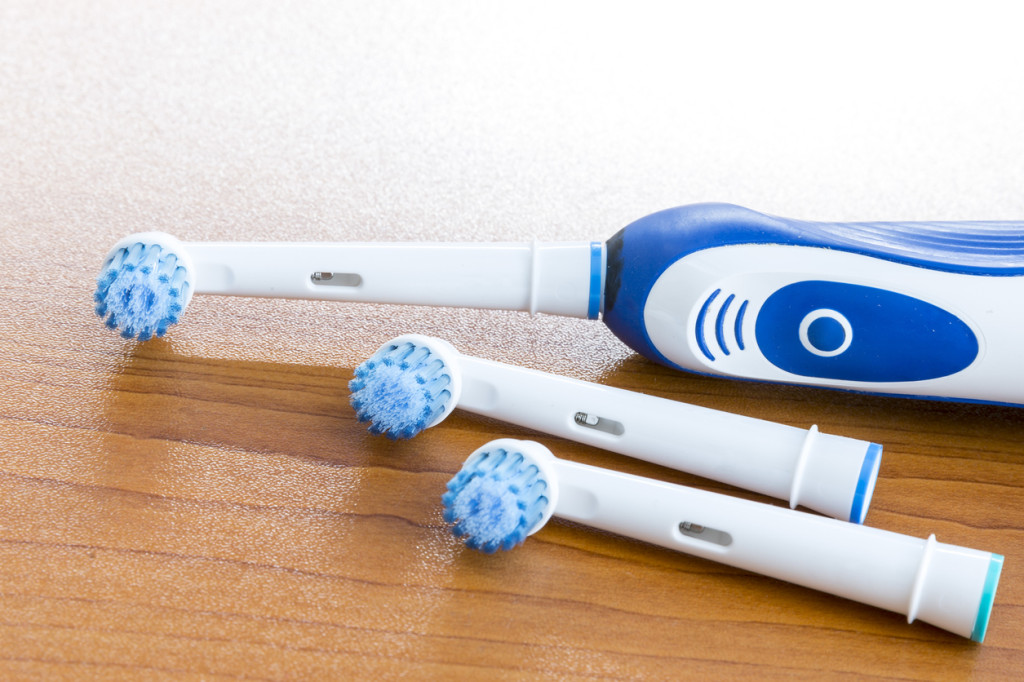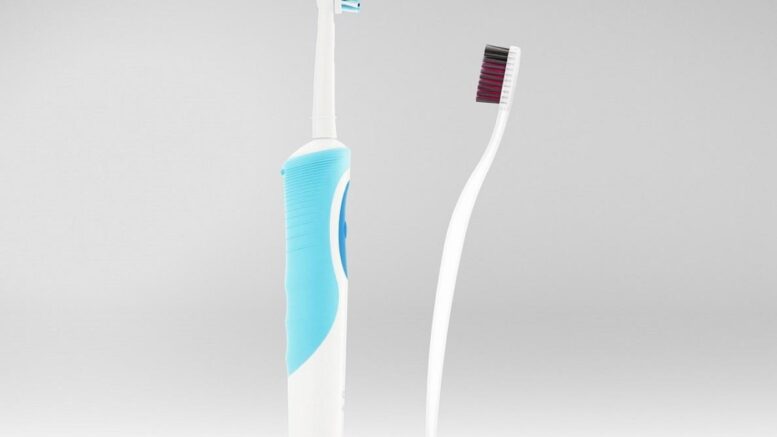Choosing between a manual and an electric toothbrush to use in conjunction with their orthodontics Navan is a common dilemma for many. This article will discuss the differences between manual and electric toothbrushes, the factors to consider when selecting the right toothbrush, and how to use each type effectively.
Manual toothbrushes: advantages and disadvantages
Manual toothbrushes are the traditional option and come in a wide range of sizes, bristle types, and handle designs. They are readily available and budget-friendly. Manual toothbrushes are easy to control and allow the user to determine the amount of pressure applied to the teeth and gums. They are also simple to travel with, as they do not require batteries or charging.
However, manual toothbrushes have some disadvantages as well. They require proper brushing techniques and discipline to ensure all areas of the mouth are cleaned effectively. Some individuals may find it difficult to maintain the correct angle and pressure consistently, leading to inadequate cleaning or overbrushing, which can damage tooth enamel and irritate the gums.
Electric toothbrushes: advantages and disadvantages
Electric toothbrushes, on the other hand, use battery power or electricity to move the bristles in a variety of patterns, such as oscillating, rotating, or vibrating. These brushes are often recommended by dental professionals as they can remove more plaque than manual toothbrushes, potentially leading to better oral health.
Some advantages of electric toothbrushes include built-in timers that ensure proper brushing duration, pressure sensors that prevent overbrushing, and interchangeable brush heads to accommodate individual preferences and needs. Electric brushes can be particularly helpful for people with limited dexterity, such as those with arthritis or other conditions that make manual brushing difficult.
However, there are some drawbacks to electric toothbrushes. They tend to be more expensive than manual ones, and replacement brush heads can add to the cost. Additionally, they may be more challenging to travel with due to their size and the need for batteries or a charger.

Factors to consider when choosing the right toothbrush
When deciding between a manual and an electric toothbrush, consider the following factors:
Personal preference
The most important factor is personal preference. Both types of toothbrushes can effectively clean your teeth if used correctly, so choose the one that you are more likely to use consistently.
Cost
Manual toothbrushes are generally more affordable than electric ones, but if the benefits of an electric toothbrush are appealing, it might be worth the investment.
Oral health needs
If you have specific oral health concerns, such as gum disease, braces, or dental implants, consult your dental professional for recommendations on the best type of toothbrush for your needs.
Dexterity
For individuals with limited dexterity, an electric toothbrush may be easier to use and more effective at cleaning hard-to-reach areas.
Tips for using your toothbrush effectively
Regardless of whether you choose a manual or electric toothbrush, follow these tips to ensure effective brushing:
Choose the right bristle type
Opt for a toothbrush with soft or extra-soft bristles, as they are gentle on the teeth and gums. Avoid using medium or hard bristles, as they can cause damage to tooth enamel and gum tissue.
Replace your toothbrush regularly
Replace your manual toothbrush or electric brush head every three to four months or sooner if the bristles become frayed. A worn-out toothbrush is less effective at cleaning and can harbour bacteria.
Clean your toothbrush properly
Rinse your toothbrush thoroughly after each use and store it upright in a holder to air dry. Avoid using toothbrush covers, as they can encourage the growth of bacteria.
In conclusion, manual and electric toothbrushes can be effective tools for maintaining good oral health and are great to pair with your orthodontics. The choice between the two ultimately comes down to personal preference, cost, oral health needs, and dexterity. By considering these factors and following proper brushing techniques, you can ensure that your teeth and gums remain healthy and clean.
